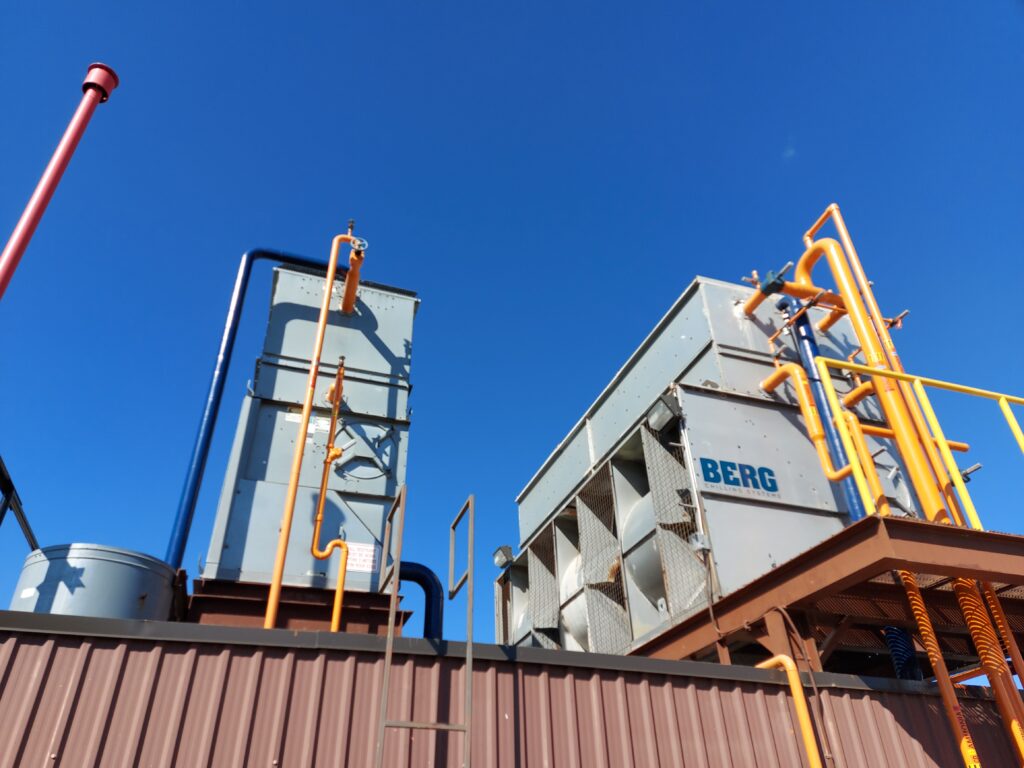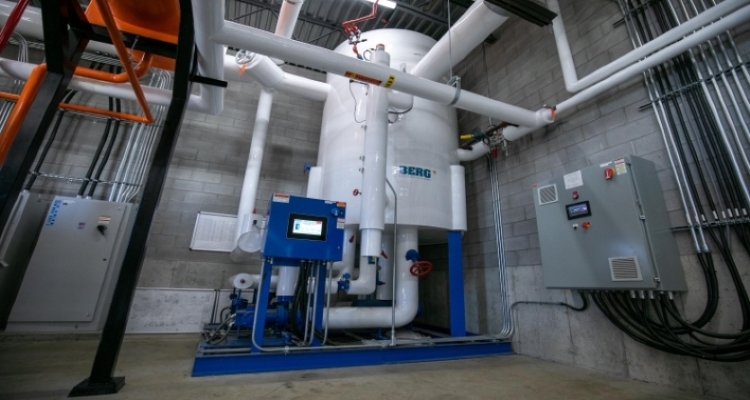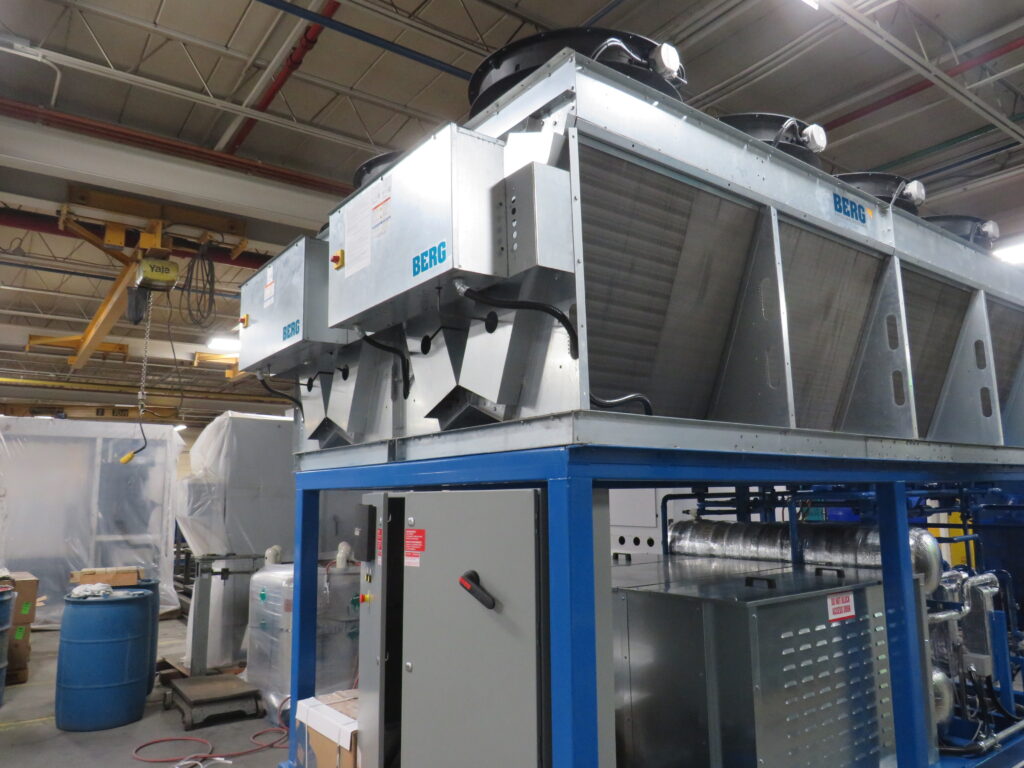R22, also known as Chlorodifluoromethane, has been a cornerstone in industrial refrigeration for decades. Its role in industries like food processing, pharmaceuticals, and heavy manufacturing has been pivotal due to its efficiency and reliability. However, its environmental impact has led to a global phase-out, significantly impacting these industries. Understanding these impacts, particularly the challenges and adaptations, is crucial.


Historically, the food processing industry heavily relied on R22 for its refrigeration needs, essential for preserving, storing, and transporting food products. Transitioning to alternative refrigerants necessitated not only financial investment but also a complete reevaluation and technical adaptation of existing systems. New systems required different maintenance protocols and operational know-how. Retrofitting or replacing these systems incurred substantial costs and operational disruptions. Food processing plant has to undertake a complete overhaul of its cooling systems for the transition, the process might be both time-consuming and capital-intensive. Despite these challenges, the shift has had positive outcomes, such as improved energy efficiency and reduced environmental impact.
In the pharmaceutical industry, precision and reliability in refrigeration are critical. The phase-out of R22 posed significant risks to the storage and transportation of sensitive medical products. Adapting to this change was not just about regulatory compliance, but also about maintaining the integrity of pharmaceutical products. Pharmaceuticals manufacturers has to go through a comprehensive reevaluation and modification of production strategies towards environmentally friendly refrigerants. The new systems, although initially costly, offered long-term benefits like reduced energy consumption and improved sustainability.
The heavy manufacturing sector, with its diverse and intensive cooling requirements, faced profound impacts from the R22 phase-out. This industry uses R22 for not just refrigeration but also for process cooling, a crucial part of their manufacturing operations. Its reliance on R22 for process cooling meant that the phase-out necessitated significant system overhauls, a daunting task given the scale and complexity of the machinery involved. This not only involved financial investment but also required downtime for installation and testing, impacting production schedules.
The financial implications of shifting away from R22 represented a significant investment for all these industries. The costs included not only the installation of new equipment but also the training of personnel in the operation and maintenance of the new systems. However, the operational efficiencies and potential cost savings associated with new refrigerants are beginning to offset these initial expenditures. In the long term, this transition offers an opportunity for industries to align with environmental regulations while innovating and improving their processes.

The phase-out of R22 has ushered in a new era in industrial refrigeration, marked by a shift towards more sustainable and efficient systems. While the transition has presented challenges, it has also driven innovation and adaptation across industries. As environmental regulations continue to evolve, these industries are poised to embrace more eco-friendly practices, ensuring both regulatory compliance and operational excellence. This transition, albeit challenging, is fostering a new era of industrial practices that spur innovation and adaption, and align closely with global environmental goals..
As industries move towards more sustainable and efficient systems, Berg is at the forefront of providing advanced industrial refrigeration systems. Recognizing the need for sustainable alternatives, we specialize in replacing and upgrading systems that used R22 with environmentally friendly refrigerants like R410A, R134a, R513a, and R407C. Our systems are designed to meet diverse client requirements and adhere to the highest environmental standards.
Berg's expertise in thermal management extends to providing bespoke systems utilizing these advanced refrigerants. We deeply understand our clients' unique operational needs, allowing us to offer customized, eco-friendly, and efficient solutions. Whether for new installations or retrofitting existing systems, Berg’s refrigerant options ensure that your thermal management needs align with environmental responsibility and energy efficiency.
Contact us today to find out more about how we can help with your specific refrigeration needs and ensure compliance with the latest environmental regulations.